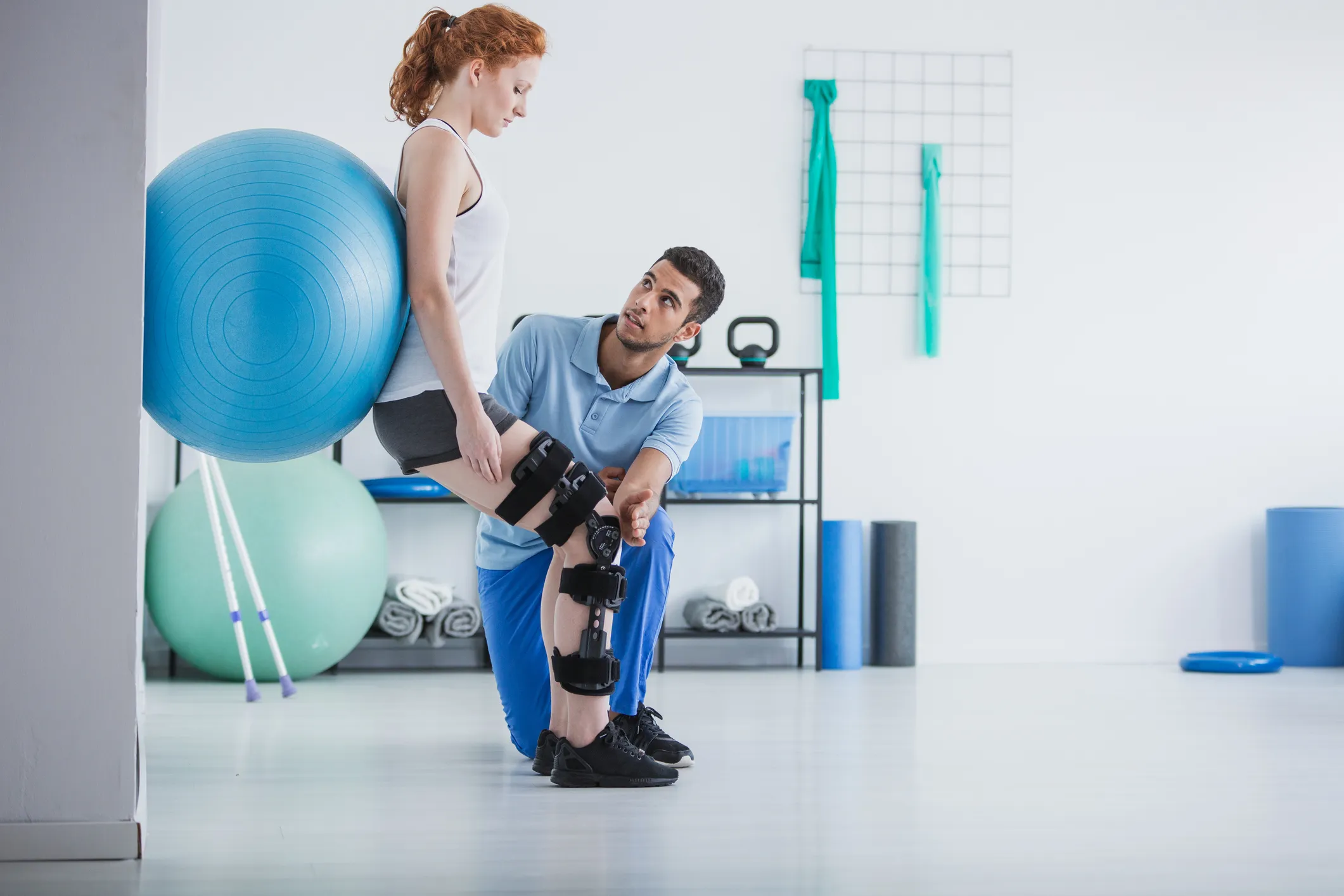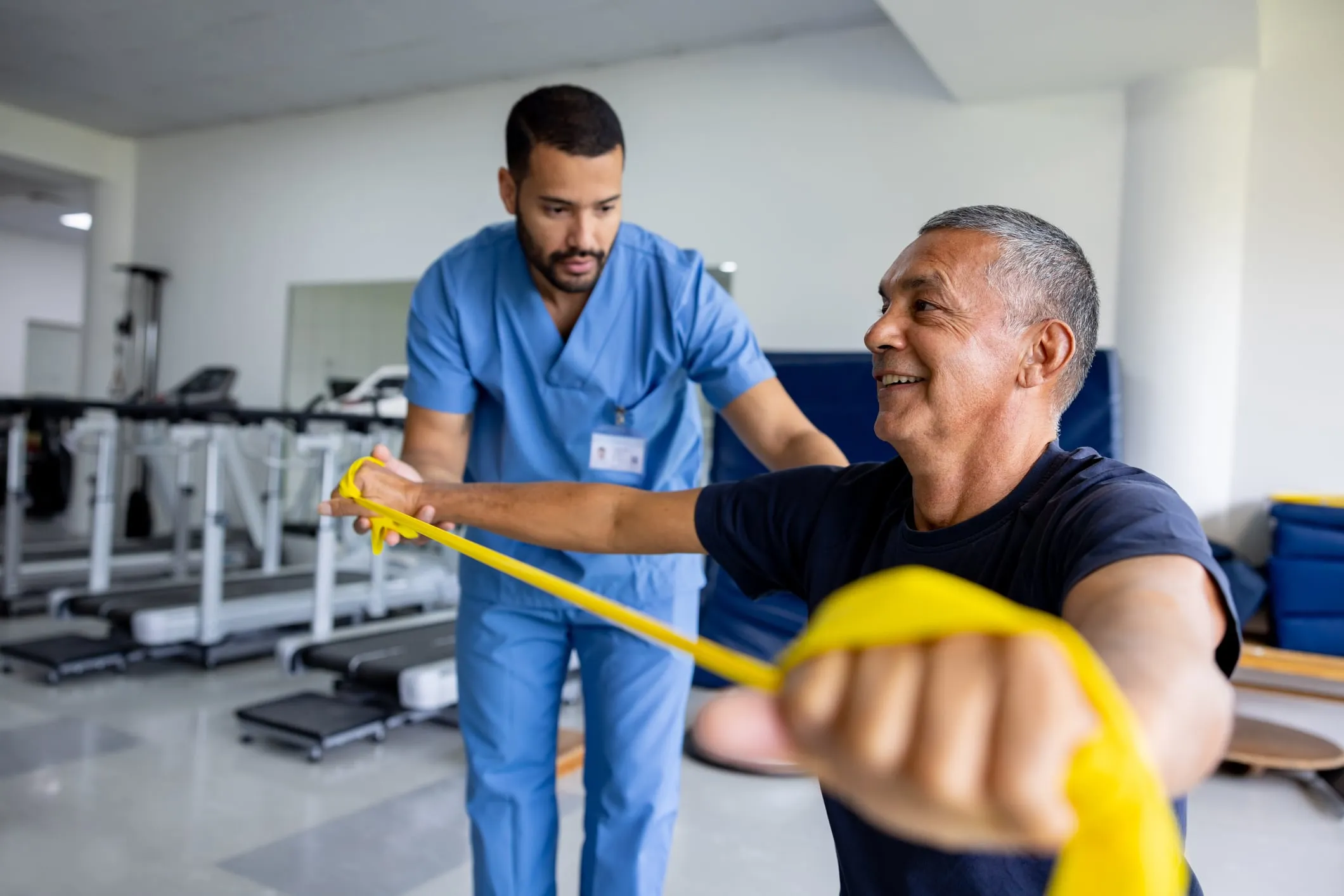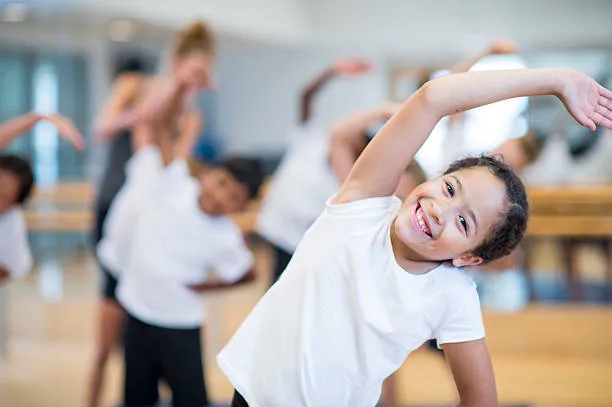
In today's speedy-paced, technology-driven global, kids are increasingly uncovered to pressure, anxiety, and emotional challenges from an early age. While virtual reading and based educational hobbies have their deserves, one regularly not noted but profoundly effective solution for nurturing intellectual wellness in children is physical interest.
This weblog explores how physical motion—whether or not or no longer within the form of organized sports activities, out of doors play, or easy sporting activities—can dramatically improve youngsters’s highbrow fitness and emotional resilience.
1. Reduces Symptoms of Anxiety and Depression
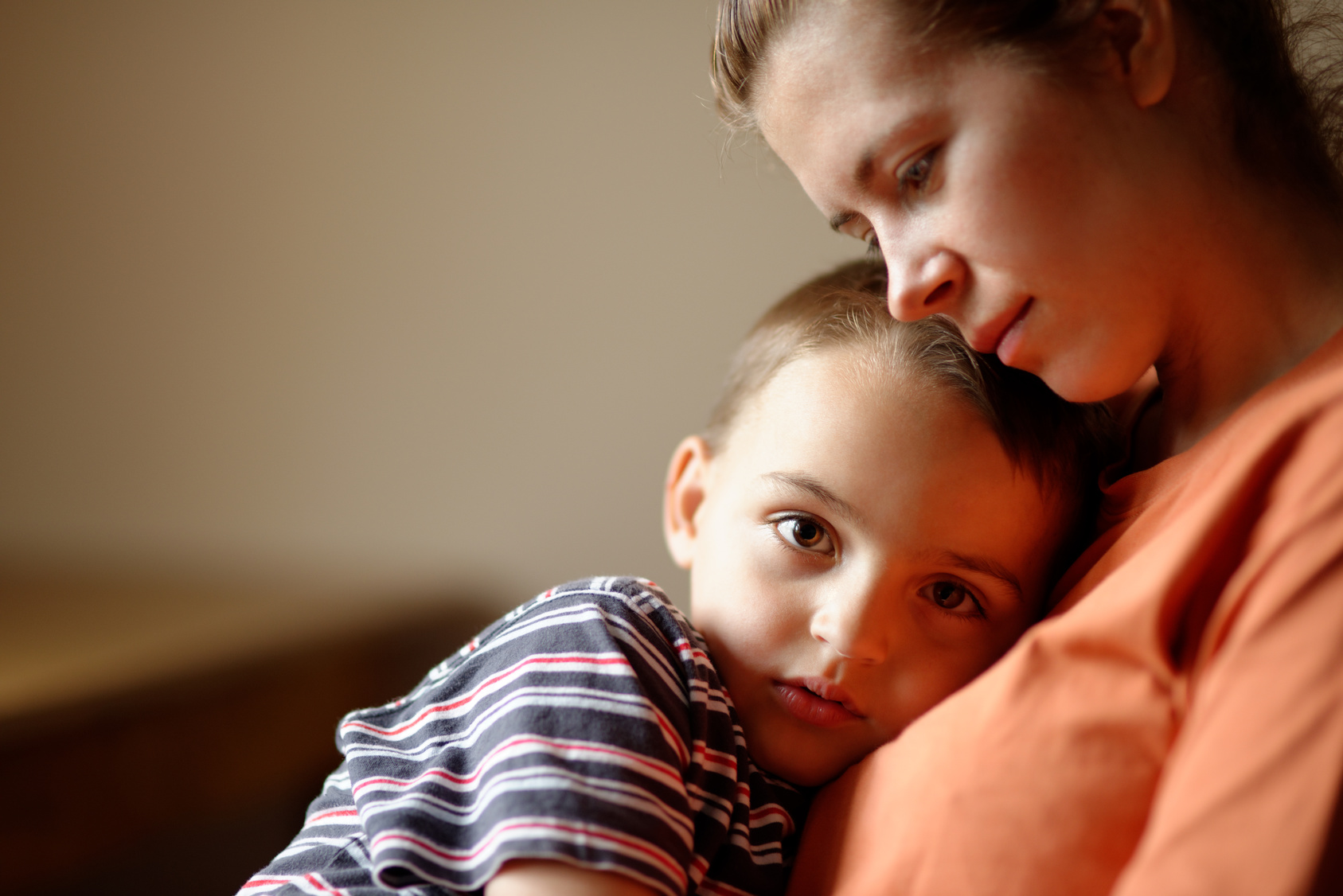
- Regular physical interest has been proven to reduce symptoms of tension and despair in children. When youngsters flow, their brains release endorphins—herbal temper elevators that help fight strain and promote a sense of nicely-being.
- Serotonin raise: Exercise will increase the supply of neurotransmitters like serotonin and dopamine, that are without delay related to mood law.
- Stress discount: Activities like yoga or taking walks can decrease cortisol degrees, helping kids revel in calmer and extra balanced.
- Fewer depressive signs and symptoms: Children who engage in ordinary bodily hobby file fewer episodes of sadness and irritability.
2. Enhances Cognitive Function and Academic Performance
- Physical interest isn't clearly precise for the body—it sharpens the thoughts. Exercise improves brain function by developing blood float and stimulating mind-derived neurotrophic component (BDNF), which allows getting to know and reminiscence.
- Improved cognizance: Movement breaks all through the faculty day can enhance attention and decrease impulsivity.
- Better memory: Activities that require coordination and method, like dance or crew sports activities, enhance working memory.
- Higher educational fulfillment: Active children frequently carry out higher in studying and math because of improved cognitive engagement.
3. Builds Emotional Resilience

- Participating in physical hobby teaches kids the manner to attend to setbacks and persevere thru worrying situations.
- Confidence and vanity: Mastering a present day capacity or scoring a aim allows assemble self confidence.
- Emotional regulation: Physical hobby gives a healthful outlet for freeing emotions like anger or frustration.
- Sense of achievement: Regular participation creates a routine of fulfillment, boosting morale.
- These instructions make a contribution to more resilience, allowing children to control better with emotional problems.
4. Improves Social Skills and Reduces Loneliness
- Group sports and lively play encourage interaction, cooperation, and conversation among peers.
- Teamwork and empathy: Playing collectively fosters collaboration and understanding of others' views.
- Friendship constructing: Shared bodily critiques can create sturdy social bonds.
- Reduced isolation: Physical activity encourages inclusion, specifically in schools and agencies wherein youngsters may otherwise experience ignored.
- These social interactions characteristic a buffer against intellectual health issues like anxiety and loneliness.
5. Promotes Better Sleep Patterns
- One of the indirect however effective methods bodily activity helps mental fitness is with the aid of enhancing sleep super.
- Deeper sleep: Physical exertion helps children go to sleep faster and sleep greater soundly.
- Regular sleep cycles: Consistent hobby promotes a healthful circadian rhythm, stabilizing mood.
- Less fatigue and irritability: Better sleep interprets to higher emotional law at some stage in the day.
- Quality sleep is closely tied to highbrow clarity, mood, and emotional resilience in children.
6. Encourages Mindfulness and Body Awareness
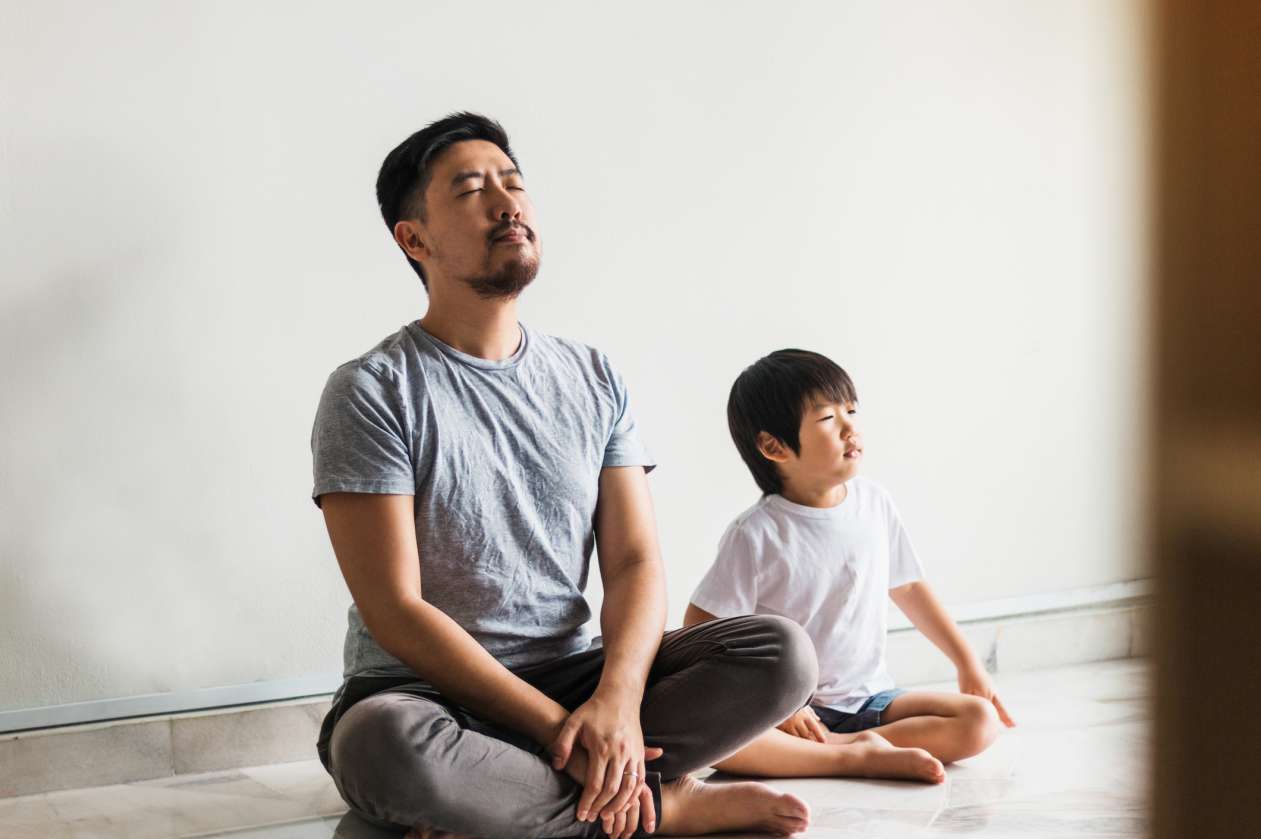
- Certain physical activities, along with yoga, martial arts, or tai chi, combine movement with mindfulness, supporting children emerge as more aware about their mind and feelings.
- Mind-frame connection: These sports activities educate kids to recognize how stress manifests physically.
- Improved self-interest: Mindful motion enhances a infant’s expertise of their emotional and bodily desires.
- Coping techniques: Learning respiratory strategies and aware motion gives youngsters gadget to handle emotional misery.
- Integrating mindfulness into physical hobby equips youngsters with lifelong mental health capabilities.
7. Reduces Hyperactivity and Behavioral Issues
- Children, specially people with Attention Deficit Hyperactivity Disorder (ADHD), often gain from established and unstructured physical interest.
- Channeling power: Physical interest provides an outlet for additonal energy and lets in kids stay calmer at some stage in the day.
- Improved hobby span: Activities that require recognition, like martial arts or dance, assist beautify behavior and reduce disruptive inclinations.
- Routine and issue: Regular hobby promotes shape, that is useful for coping with conduct.
- As a natural and available intervention, physical interest can supplement behavioral treatment for plenty children.
8. Develops a Positive Self-Image

- Children who interact in bodily activity are much more likely to expand a healthy dating with their our our bodies.
- Body self notion: Achieving health desires or analyzing new talents enables youngsters sense proud of their our bodies.
- Reduced body image troubles: Active children are tons less probable to fixate on look and more likely to value function over form.
- Empowerment: Physical energy and agility can motive a more empowered revel in of identification.
- Positive body photograph contributes directly to emotional properly-being and conceitedness.
9. Encourages Healthy Lifestyle Habits
- Children who revel in being bodily active are more likely to undertake different wholesome conduct that assist intellectual fitness.
- Better vitamins: Active children are greater aware of fueling their our bodies nicely.
- Balanced habitual: A way of lifestyles that includes physical pastime encourages shape and difficulty.
- Lifelong intellectual fitness equipment: Active youngsters often develop into active adults, wearing intellectual fitness benefits into later existence.
- These behavior create a supportive environment for sustained mental fitness.
10. Supports Family Bonding and Emotional Security
- Engaging in bodily hobby as a circle of relatives fosters more potent emotional connections.
- Shared reviews: Playing sports activities activities, taking place hikes, or dancing collectively creates lasting reminiscences.
- Emotional assist: Children feel extra comfy even as mother and father actively participate of their hobbies.
- Communication: Physical hobby can open the door to extra open conversations approximately feelings.
- This experience of emotional protection is vital for intellectual health and improvement.
Practical Ways to Incorporate Physical Activity into Daily Life
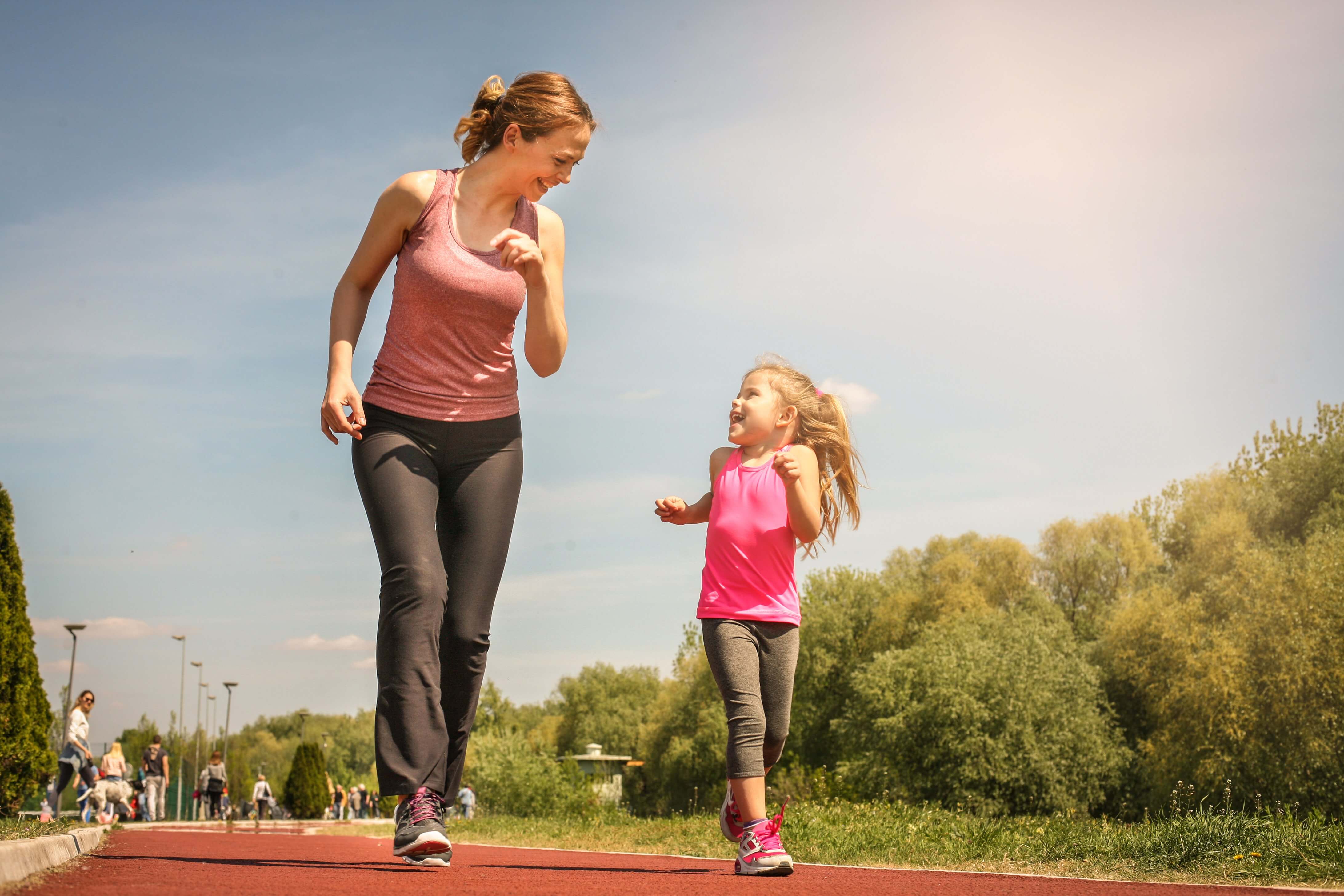
- Set a every day motion purpose: Aim for at the least 60 mins of moderate-to-energetic pastime every day.
- Make it amusing: Let children pick out sports they experience, whether or not or no longer it is skating, biking, or leaping rope.
- Limit display display time: Encourage out of doors play over video video games or passive entertainment.
- Be a position version: Children mimic adults. Show them that you fee movement too.
- Use energetic transportation: Walk or cycle to school in place of riding, whilst possible.
- Participate in network sports activities: Enroll your infant in nearby teams or fitness golf equipment.
Conclusion
Physical interest isn't always just a tool for maintaining children bodily wholesome—it's far a cornerstone of their intellectual and emotional properly-being. By decreasing strain, improving cognitive function, constructing emotional resilience, and fostering large social connections, motion acts as a natural, holistic intervention for some of the highbrow fitness challenges children face nowadays.
Incorporating ordinary physical pastime right right into a infant’s daily lifestyles may be a game changer. Whether through established sports or free play, the blessings are profound and an extended manner-attaining. As caregivers, educators, and network participants, we ought to prioritize physical interest not as an non-compulsory hobby, however as an important aspect of a infant’s intellectual fitness technique.
.